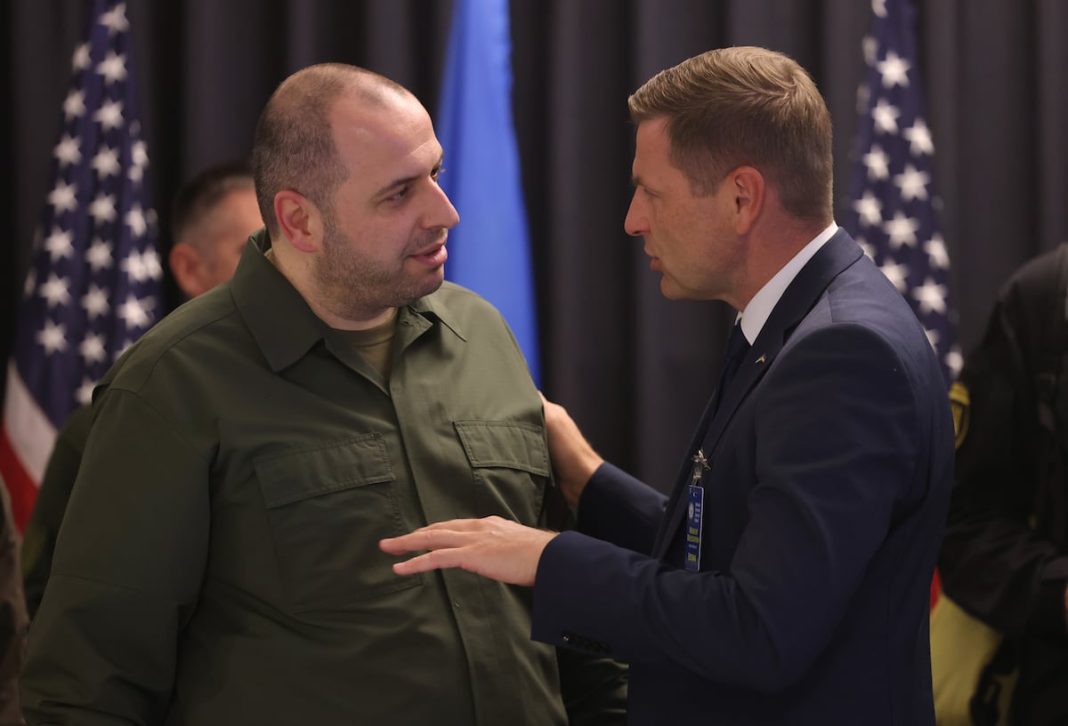Estonia is actively seeking to bolster its military capabilities by exploring the possibility of acquiring combat-proven weapons from Ukraine, particularly long-range missiles. This move comes despite Ukraine’s current restrictions on arms exports due to legal obligations that require its defense companies to prioritize deliveries to the Ukrainian Armed Forces amid ongoing conflict with Russia.
Estonian Defense Minister Hanno Pevkur recently indicated his country’s interest in specific weapons, notably the R-360 Neptune subsonic cruise missile developed by the State Kyiv Design Bureau Luch. His comments came during a visit to Ukraine last month, emphasizing that Estonia aims to establish agreements with the Ukrainian government that would allow for arms purchases.
According to Eleka Rugam-Rebane, a spokesperson for the Estonian Ministry of Defence, there is potential for bilateral agreements that could permit allied nations like Estonia access to Ukraine’s military products. She highlighted that the “value and quality” of these weapons are significant, owing to their effectiveness in combat scenarios.
Rugam-Rebane further reassured that export bans would not necessarily hinder cooperation if mutual agreements are reached. She articulated the benefits of such partnerships, stating that they would support both the Estonian and Ukrainian defense sectors. “Our defense industries already have a solid working relationship,” she mentioned, citing the active participation of Estonian companies in Ukraine. Additionally, she expressed support for Ukrainian firms engaging in public tenders in Estonia and beyond.
The potential for even a limited easing of Ukraine’s export ban could yield significant financial benefits for the Ukrainian economy, which relies heavily on its defense sector amid the ongoing crisis. During a recent session in Ukraine’s parliament, lawmaker Halyna Yanchenko pointed out that the nation’s defense industry has the capacity to produce outputs valued at approximately $20 billion each year. However, she voiced concern that current state purchases, capped at about $6 billion and inclusive of foreign contracts, are hampering the growth of this crucial industry due to export restrictions.
As discussions continue between Estonian officials and their Ukrainian counterparts, the prospect of collaborative defense efforts appears promising, fostering a relationship that could enhance military capabilities and economic resilience for both nations.





